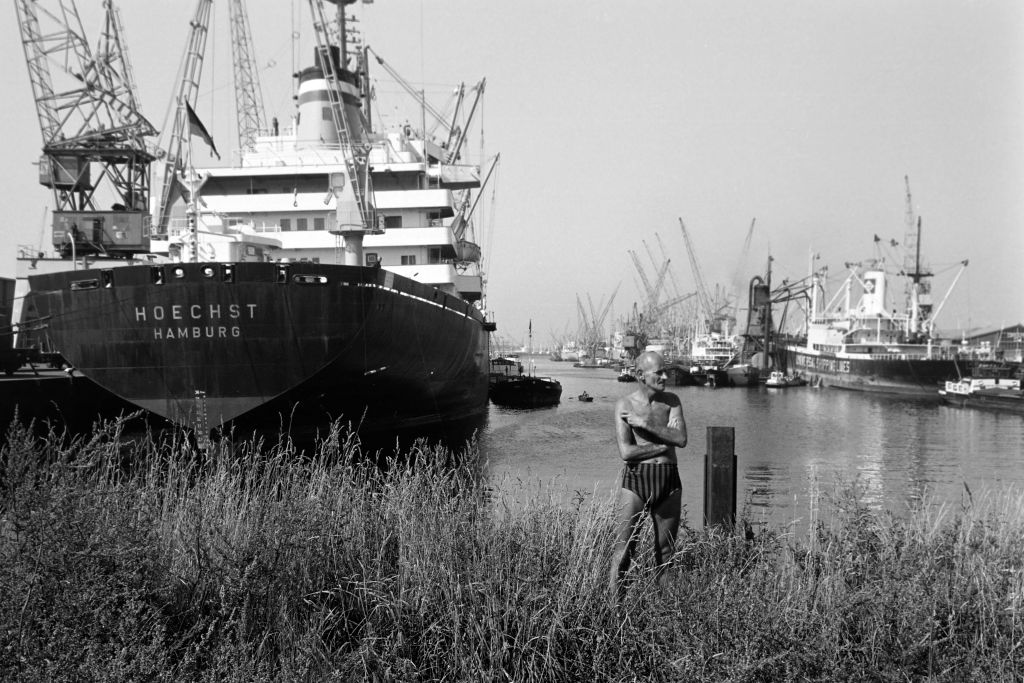Saxony, Germany
A wave of political change is sweeping Germany’s state of Saxony.
To EU politicos, the state received recent attention as one of the Alternative for Germany (AfD)’s strongest support bases.
However, this also overlooks a dynamic and shifting political scene, where multiple new parties have emerged to tackle local issues in a state many feel the political mainstream has overlooked.
With regional elections in September 2024, many now look to Saxony as a testing ground for these new forces.
These developments are important given Saxony is a former part of Communist East Germany, where three decades after re-unification, divisions and inequalities still persist between East and West.
A newcomer to Germany’s political scene is the self-titled Sahra Wagenknecht Alliance (BSW), led by an unorthodox left-wing MP.
Wagenknecht broke with the Die Linke party, Germany’s long-running hard-left party, over its more socially liberal stances. In opposition to this, her BSW proposes a mix of Left-wing policies with social conservatism and nationalism.
The party is gaining momentum in Saxony, making significant strides in the Görlitz district, where it nominated 21 candidates for the district council. BSW’s development chief, Jens Hentschel-Thöricht, lauds the achievement as a strategic coup.
Notably, Kottmar’s mayor Michael Görke joins the fray (and BSW), once a mayor for the centre-right CDU, whose journey now symbolises Germany’s departure from mainstream politics, and break from convention.
Wagenknecht made news in Saxony after commissioning a study on the state’s low-wage sector, where a disproportionate number of workers earn less than €14 an hour.
“Mr Kretschmer has never particularly championed workers’ rights in Saxony,” Wagenknecht told the German Press Agency in Dresden, slamming the CDU’s minister-president of Saxony.
“413,000 employees in Saxony earn less than €14 per hour. Many even earn less than €13. Saxony’s substantial low-wage sector reflects the weak leadership of the Minister President.”
The AfD also continues to score its own victories in Saxony. Most recently, its mayoral candidate Rolf Weigand won the election in the town of Großschirma, with over 59 per cent in the first round.
The AfD’s influence is beginning to be felt by local branches of the mainstream German parties.
Most recently, Saxony’s minister-president Michael Kretschmer mirrored the AfD’s hard stance on mass migration by calling for Germany to adopt an annual limit of sixty thousand refugees.
Likewise, Saxony’s branch of the Free Voters, an umbrella organisation for protest voters dissatisfied with mainstream parties, has made noises about potentially working with AfD.
The federal Free Voter party adheres to the same cordon sanitaire policy against working with the AfD as virtually all other mainstream German parties. This has sparked an argument with the Saxony branch, which says while it wishes to distance itself from the AfD, it does not wish to totally exclude them from politics either.
With six months to go until the next Saxon local elections, Saxony’s unorthodox political scene is sure to hold more surprises to come.





